Shafali Spurling Jeste is professor of neurology and pediatrics at the Keck School of Medicine of the University of Southern California. She is also chief of neurology at Children’s Hospital Los Angeles (CHLA).

Shafali Spurling Jeste
Professor of neurology and pediatrics, University of Southern California;
Chief of neurology, Children’s Hospital Los Angeles
From this contributor
Leveraging the power of community to strengthen clinical trials for rare genetic syndromes
Families can become not only participants but champions of these research efforts.
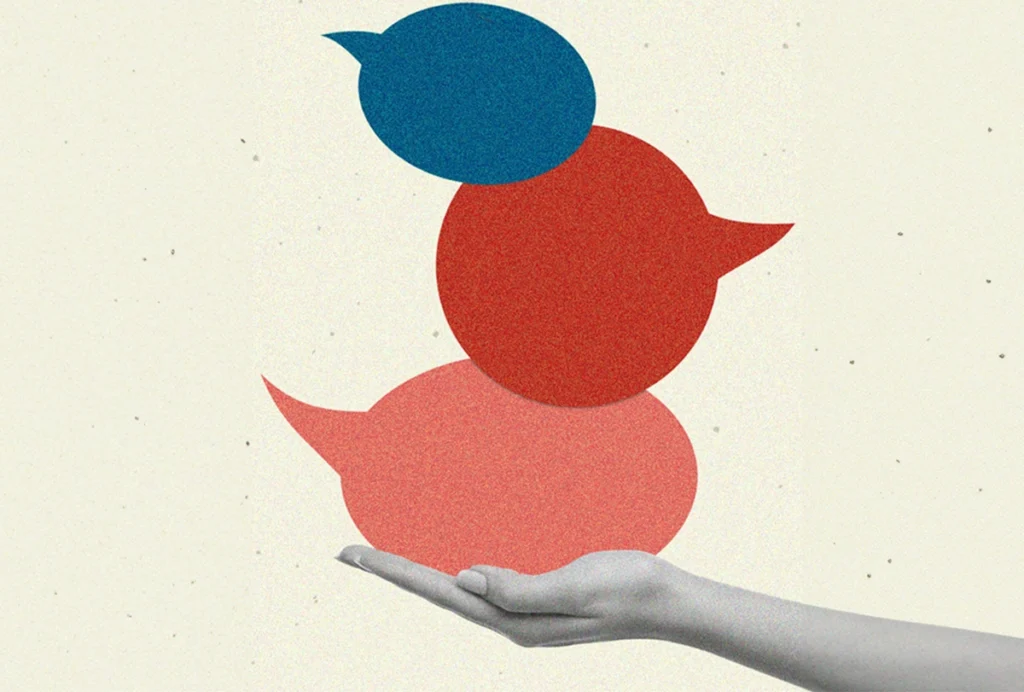
Leveraging the power of community to strengthen clinical trials for rare genetic syndromes
Telehealth may enable remote participation in autism trials
Some families do not have the financial ability or time to participate in clinical trials for autism. New technologies may enable them to participate from their homes.
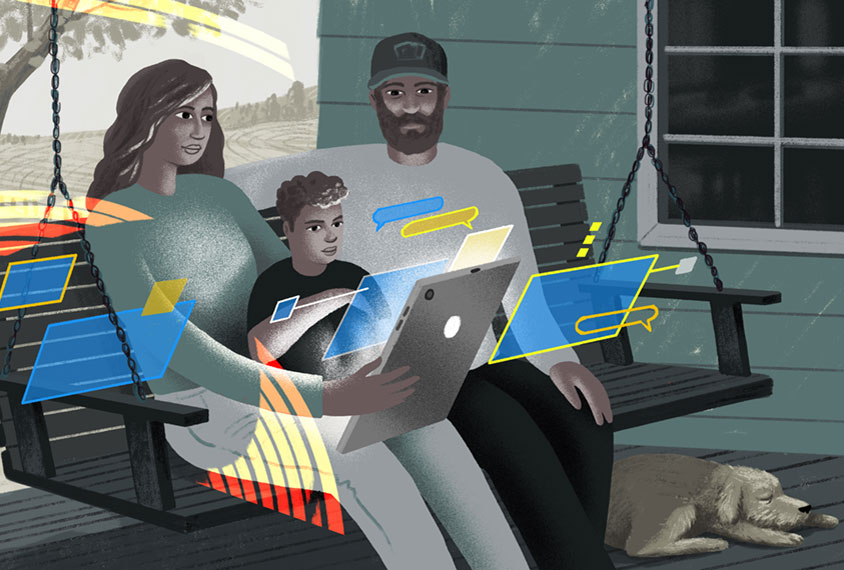
Telehealth may enable remote participation in autism trials
Reaching out to families can inspire new autism research
For students and early-career investigators, opportunities to meet and talk with the people they are trying to help underscores why the work matters.
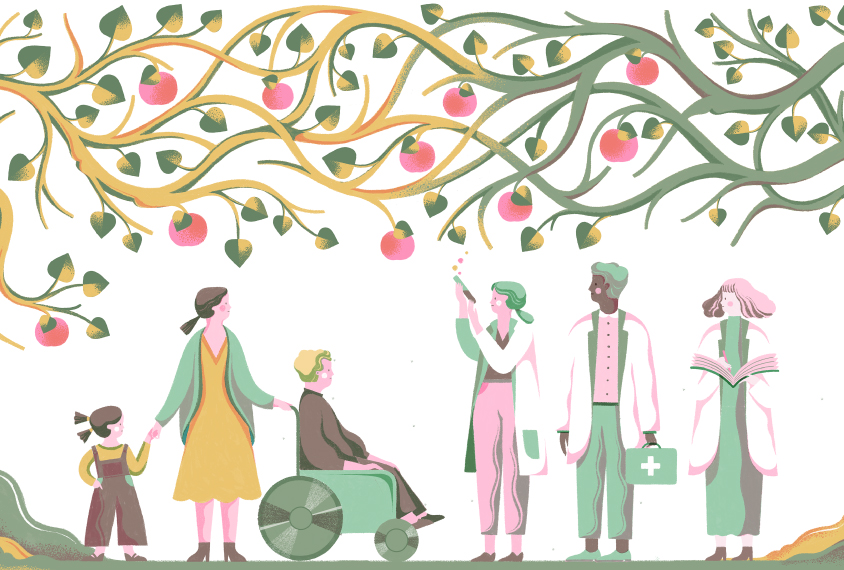
Reaching out to families can inspire new autism research
How treating sleep may ease all forms of autism
Behavioral interventions and medications can help children with autism-related syndromes sleep better, but the treatments must be tailored to the cause of each child’s sleep disturbance.
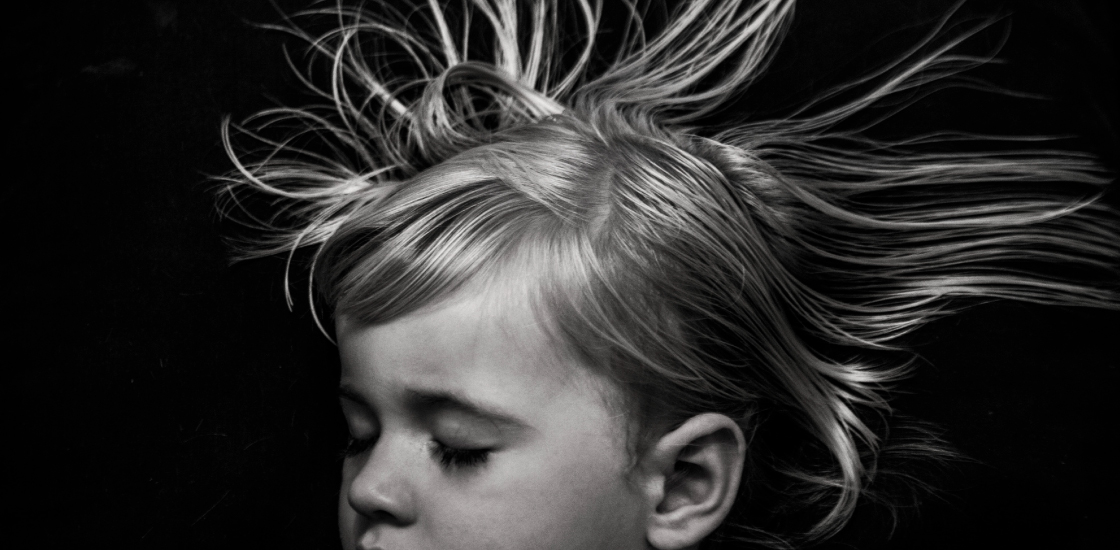
How treating sleep may ease all forms of autism
Tennis program serves up benefits for children with autism
Tennis is a social game, requiring players to predict and respond to their opponent’s behavior. That may help some children with autism.
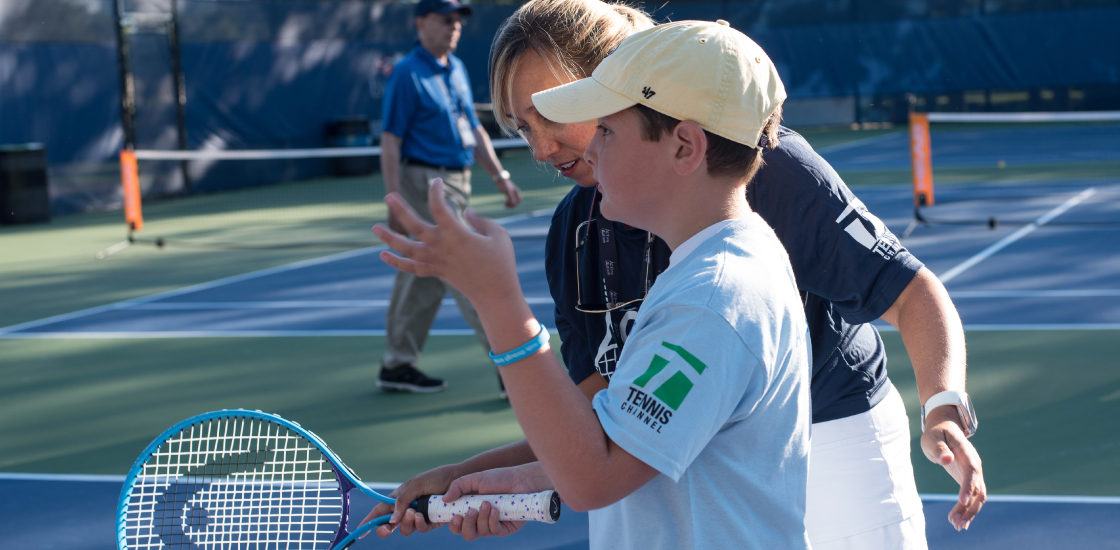
Tennis program serves up benefits for children with autism
Explore more from The Transmitter
Astrocytes orchestrate oxytocin’s social effects in mice
The cells amplify oxytocin—and may be responsible for sex differences in social behavior, two preprints find.

Astrocytes orchestrate oxytocin’s social effects in mice
The cells amplify oxytocin—and may be responsible for sex differences in social behavior, two preprints find.
Neuro’s ark: Spying on the secret sensory world of ticks
Carola Städele, a self-proclaimed “tick magnet,” studies the arachnids’ sensory neurobiology—in other words, how these tiny parasites zero in on their next meal.

Neuro’s ark: Spying on the secret sensory world of ticks
Carola Städele, a self-proclaimed “tick magnet,” studies the arachnids’ sensory neurobiology—in other words, how these tiny parasites zero in on their next meal.
Autism in old age, and more
Here is a roundup of autism-related news and research spotted around the web for the week of 2 March.

Autism in old age, and more
Here is a roundup of autism-related news and research spotted around the web for the week of 2 March.